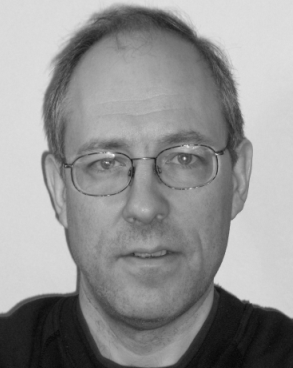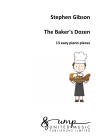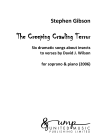
Stephen Gibson
Stephen Gibson (b.1957) has an eclectic and wide-ranging compositional output. It encompasses symphonic and chamber music as well as music theatre and opera. After developing a unique algorithmic method of composition in his earlier pieces such as Stomp, he has gone on to embrace minimalism and folk-based influences in his pursuit to develop a more accessible style. That led him to be shortlisted in the 1997 BBC Masterprize Composers Competition with his work Spirit of Youth.
He studied composition at Birmingham University with John Casken, John Joubert and Bill Hopkins, and later at The Banff Centre of Fine Arts, Alberta, Canada with Stephen McNeff.
He was commissioned by the Banff Centre to write the folk opera Ghost Town in collaboration with the theatre director Jeremy James Taylor. Two pieces, Extension III and Sonata in E were premiered at the Huddersfield Festival of Contemporary Music. Performers have included the Endymion, Koenig and Altissimo Ensembles, Still Life with Guitar, Michael Finnissy, the BBC National Orchestra of Wales, and London New Wind who have been staunch supporters of his work premiering a string of pieces in the last ten years including …phosis 2, Polymonophony, Tribute, Three Bells and Three Hockets.
In a varied music career where composition has always been pivotal, and his output now stretches to over 100 pieces, he has spent many years in the service of other composers, including UMP ones, preparing their scores and helping bring their works to market. His company New Notations provided a generation of composers with technical support in the early days of music notation software and widely promoted Leland Smith’s SCORE program for use by composers and publishers in the 90s. He is also a self-taught computer programmer with numerous software titles to his credit in the field of music notation and midi, and is currently working on a method to automate some of the algorithmic processes that he used in his early compositions.
duration 62'
duration 33'
duration 14'
solo piano/1.1.1.1/1.1.0.0/1 perc/strings
duration 30'
2.2.2.2/2.2.1.1/timp/2 perc/strings
duration 21'
1.1.2.1/1.1.0.0/timp/1 perc/strings
duration 24'
duration 11'
duration 31'
duration 4'
Listen to a sample clip
duration 3'
Listen to a sample clip
duration 4'
Listen to a sample clip
duration 7'
Listen to a sample clip
duration 6'
Listen to a sample clip
duration 7'
Listen to a sample clip
duration 6'
Listen to a sample clip
duration 4'
Listen to a sample clip
duration 5'
Listen to a sample clip
duration 11'
Listen to a sample clip
duration 9'
Listen to a sample clip
duration 18'
duration 14'
Listen to a sample clip
duration 13'
duration 14'
duration 17'
duration 12'
duration 10'
duration 6'
Listen to a sample clip
duration 17'
duration 23'
duration 7'
duration 12'
duration 6'
Listen to a sample clip
duration 4'
 The Baker's Dozen (1995)
The Baker's Dozen (1995)
 The Thieving Dinosaur (1995)
The Thieving Dinosaur (1995)
duration 12'
duration 14'
duration 11'
soprano, mezzo-soprano, baritone and piano
duration 35'
baritone, clarinet, trumpet, banjo, percussion, violin and cello
duration 17'
Listen to a sample clip
baritone and piano
duration 17'
soprano, baritone, saxophone (alto, tenor), and vibraphone
duration 20'
narrator, cello solo and recorded sounds
Duration 17'
 The Creeping Crawling Terror (2006)
The Creeping Crawling Terror (2006)
soprano and piano
duration 25'
duration 4'
Listen to a sample clip
Listen to a sample clip
Listen to a sample clip
Listen to a sample clip
Listen to a sample clip

